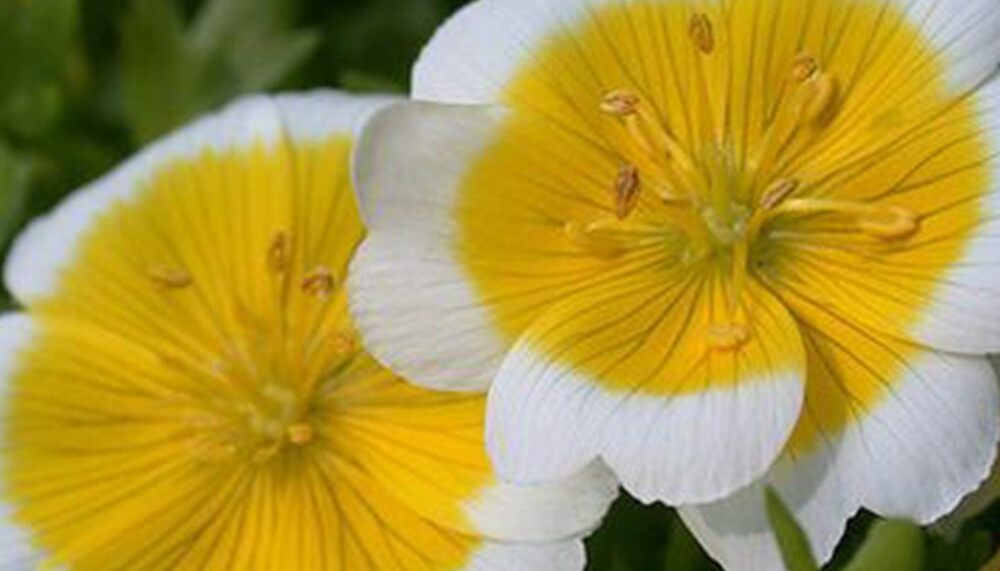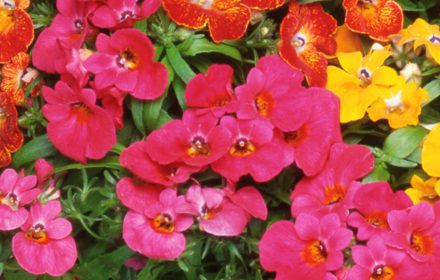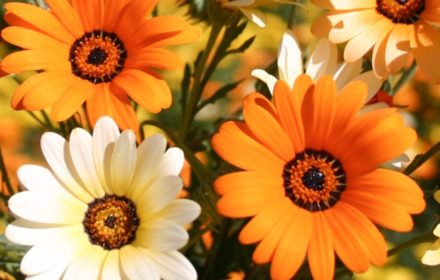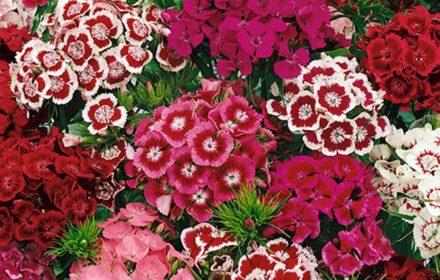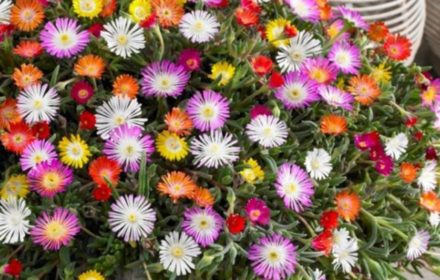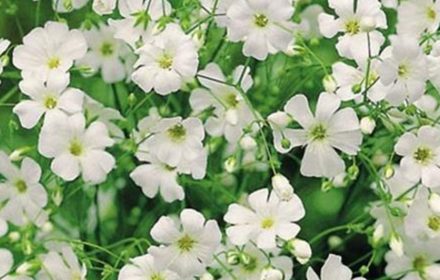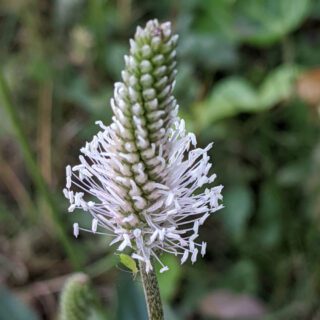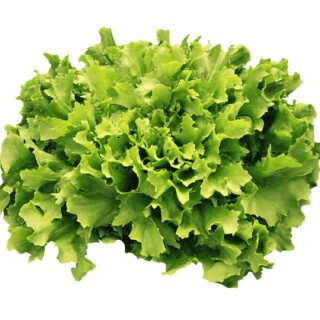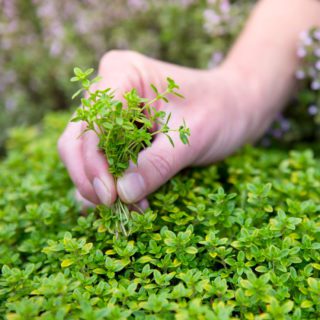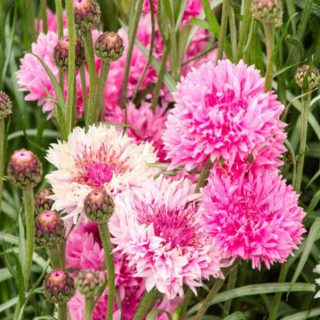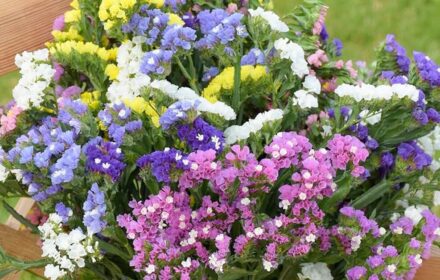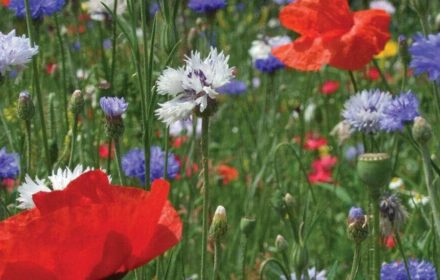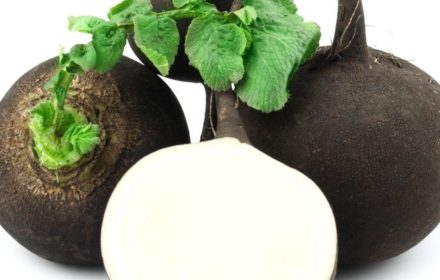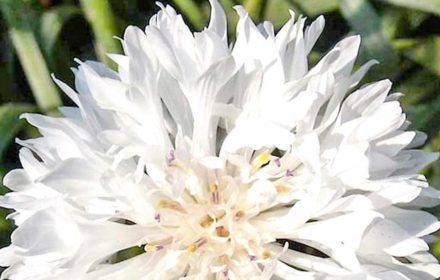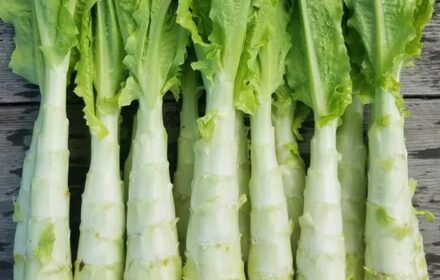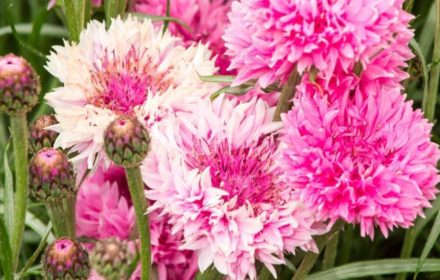How to Sow Dwarf Poached Egg Plant Seeds
Dwarf Poached Egg, also known as Limnanthes douglasii, is a delightful and low-growing annual plant, adorned with dainty white and yellow flowers. It’s an excellent choice to enhance the aesthetic appeal of your garden, attracting pollinators like bees and butterflies
How to Grow Dwarf Poached Egg Plant from Seed
- Soil Preparation Advice: This plant thrives in well-drained, loamy soil. Before planting, ensure the soil is weed-free and remove any rocks. Incorporating organic matter into the soil not only enhances its fertility but also helps with moisture retention, providing an ideal environment for your Dwarf Poached Egg to flourish
- Seed Sowing Advice: When sowing Dwarf Poached Egg seeds, bury them at a depth of around 1/4 inch (6mm). It’s essential to ensure the soil is slightly moist, but avoid overwatering, as excessively wet conditions can hinder germination
- Seed Spacing: To give your Dwarf Poached Egg plants ample space to grow, space the seeds approximately 6 inches (15cm) apart. This generous spacing allows for robust development without overcrowding
- Germination: Dwarf Poached Egg typically germinates at temperatures ranging from 60-70°F (15-24°C). To expedite germination, consider covering the planted seeds with a plastic dome or plastic wrap, creating a miniature greenhouse environment, which aids in maintaining ideal moisture and temperature conditions
How to Care for Dwarf Poached Egg Plant Seeds
- Maintenance: Consistent moisture is key to nurturing your Dwarf Poached Egg plants. Aim for well-balanced hydration – not too dry, not waterlogged. Additionally, periodic feeding with a balanced fertilizer every 4-6 weeks ensures strong, healthy growth
- Maturity: As your Dwarf Poached Egg plants mature, they’ll reach a height of around 8-10 inches (20-25cm). Their delicate white and yellow blossoms will provide an enchanting sight in your garden
- Common Pests or Diseases: Watch out for common pests such as aphids and slugs. Aphids can be controlled with insecticidal soap, while using slug traps or diatomaceous earth is an effective way to deter slugs. Ensure good air circulation to minimize the risk of fungal diseases and maintain your plants’ overall health

